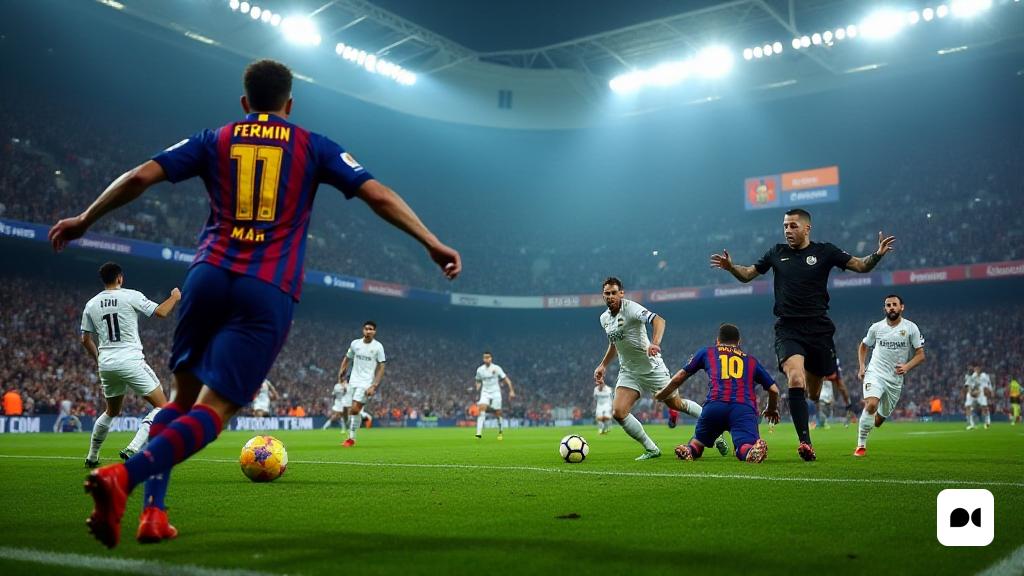The impact of expression on everyday language
The phrase ‘Less evil’ has found a remarkable space within colloquial Catalan, where its simplicity and expressiveness make it popular among the speakers. This expression, which in Catalan translates as ‘fortunate that’, has recently been emphasized by an incident in sport, specifically in a match between Barça and Madrid. The controversy was born when a goal was annulled due to a discussed play that involved hands, causing one of the referees to manifest in an unfortunate tone: ‘less evil … that we can nullify the goal.’
History and Context: A long past of tension
The use of ‘less bad’ by the Castilians in relation to Catalonia has taken root in history, going back to significant facts such as the Caspian commitment of 1412. The decision to name a Castilian king instead of a Catalan marked the beginning of a dynamic that has lasted over the centuries. This continued with the marriage of Ferdinand and Isabel, who consolidated Spanish power over the Catalan territories.
Moments Key to Catalan History
During the Reapers’ War, the proclamation of the Catalan Republic by Pau Claris was followed by a rapid return to Castilian hegemony, with the death of Claris as an example of the fate of many Catalans who sought their sovereignty. Similarly, the Treaty of the Pyrenees was a symbolic loss of Northern Catalonia without prior consultation, reflecting a continuous contempt for Catalan aspirations.
The present: a new era of challenges
Moving towards the present, the feeling of ‘less bad’ persists, especially in the context of current democracy. The revocation of a Statute approved by the two chambers has triggered a massive discontent between the Catalans, who have come to protest on numerous occasions. The repression by the authorities has been evident, with an unprecedented police deployment and a judicial system that seems to have taken part.
Fiscal plunder and inequalities
Investments in Catalonia are significantly lower than those made in Madrid, perpetuating a fiscal plunder that has been a constant for years. Decisions on education and language have shown that control over Catalonia is still a priority by state authorities, with projects that ignore local voices and their needs.
Final Reflection: An Uncertain Future
The ‘less evil’ has become a metaphor for the continuous struggle of Catalonia for its identity and autonomy. Despite the efforts to silence the Catalan voices, the feeling of resistance endures. The current situation invites us to reflect on historical inequalities and to imagine a future where Catalonia can be treated with the dignity it deserves, released from the chains of a past that still pursues us.

